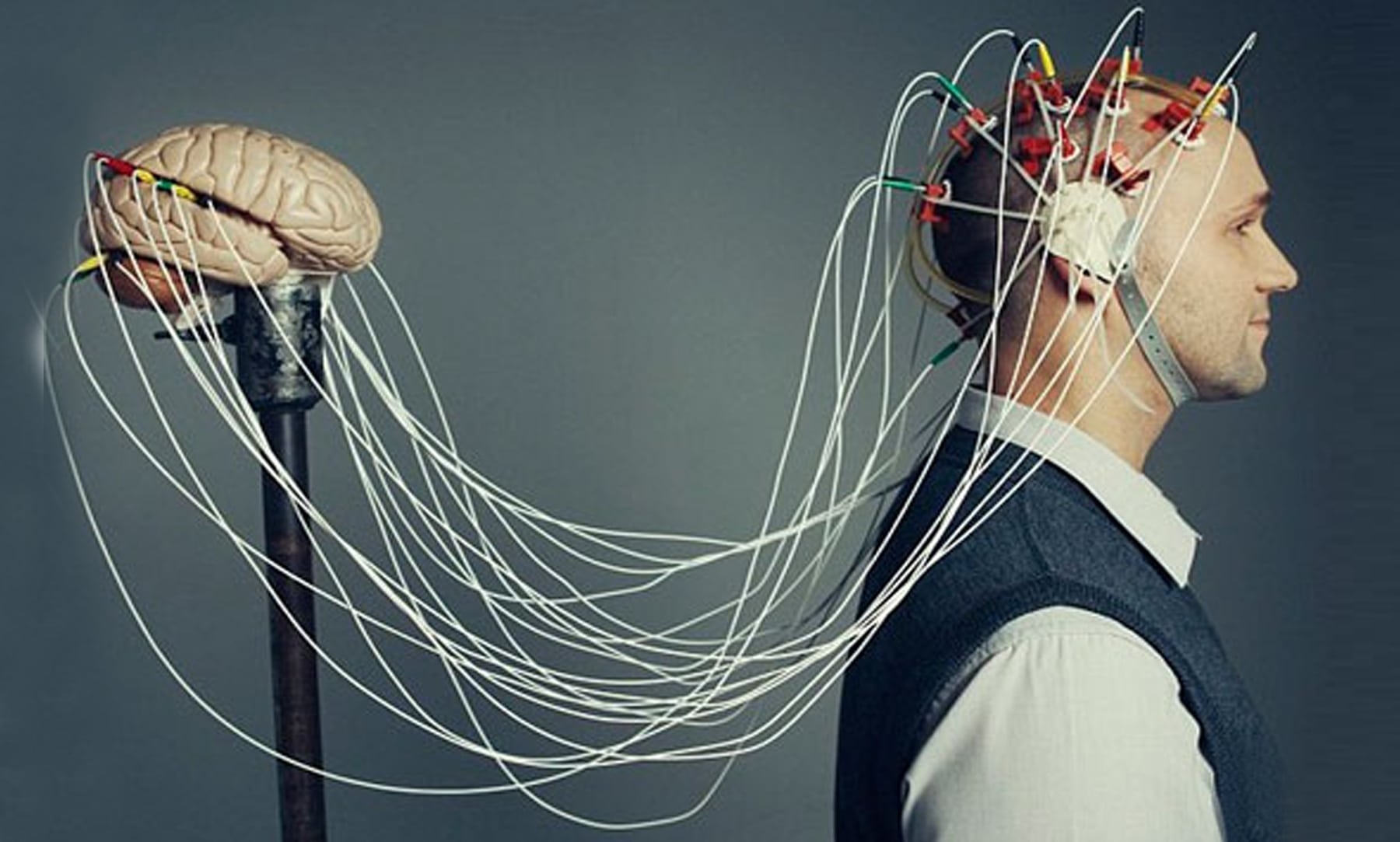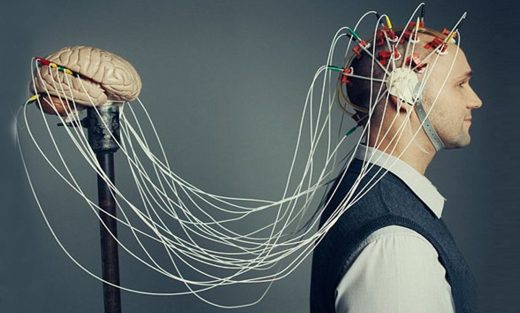Soapbox: Is mind-reading technology the future of consumer understanding?
There are ethical challenges in balancing the potential societal good of mind-reading technology with its truly dystopian shadow.

A lot is going on in the rapidly emerging field of brain-computer interface (BCI) design. Both Elon Musk (via his new venture Neuralink) and Mark Zuckerberg (via Facebook Reality Labs) are making aggressive investments in technology explicitly created to allow your mind to control and interact with your devices. By nature, of course, the consequence of this is an ongoing, real-time connection to your innermost thoughts. Gone is the need to use vocal cues to gain Alexa’s attention. There’s undoubtedly a breathless, heady and TED-like air to these ambitions.
“Imagine a world where all the knowledge, fun, and utility of today’s smartphones were instantly accessible and completely hands-free. Where you could spend quality time with the people who matter most in your life, whenever you want, no matter where in the world you happen to be. And where you could connect with others in a meaningful way, regardless of external distractions, geographic constraints, and even physical disabilities and limitations.”
– Tech@facebook blog
While on the surface, this sounds taken from a page of a techno-utopian novel, as marketers, we also need to acknowledge that this vision is fundamentally anchored in one of the most intensely influential and private of all data streams: human thoughts and feelings.
And, when taken from this perspective, we quickly see the profound ethical challenge of balancing the potential societal good of mind-reading technology with its truly dystopian shadow. Both Facebook and Neuralink’s initial focus is on enabling individuals with profound neurological impairments to communicate and connect with other human beings. However, we can’t lose sight of the fact that the endgame here is the commercialization and monetization of highly sensitive “data.”
In George Orwell’s dystopian world of 1984, “Nothing was your own except the few cubic centimeters inside your skull.” We can’t look at the emergence of brain-control interfaces without realizing that it risks violating the last bastion of personal privacy: our private thoughts. The rise of neurocapitalism sets the stage for the next theater of battle between the human right of privacy and the ongoing pursuit to evolve the information economy.
It’s hard to look at BCI technology without seeing its potential personal value (I mean, who wouldn’t want to be able to query Google with our thoughts to get the answer to virtually any question?). Personally, as a clinical psychologist and insights executive, I also see the potential for BCI to allow corporations to understand the needs and aspirations of consumers at a depth we can scarcely imagine today.
That said, as professionals centered on enabling customer-centric decision making for Fortune 500 companies, of course, it’s our natural inclination to bring forth human insights to empower those decisions. However, in an industry’s rush to extract value in this, we can’t divorce ourselves from the imperative for reciprocity in the consumer-corporation relationship. Without this, companies risk further erosion of the bonds of trust with those their very future depends on.
Soapbox is a special feature for marketers in our community to share their observations and opinions about our industry. You can submit your own here.
Opinions expressed in this article are those of the guest author and not necessarily Marketing Land. Staff authors are listed here.
Marketing Land – Internet Marketing News, Strategies & Tips
(55)



